Natural Insect Repellents for Your Homestead
Keep your home, garden, and animals safe with natural insect repellents—effective, chemical-free solutions for every part of your homestead.
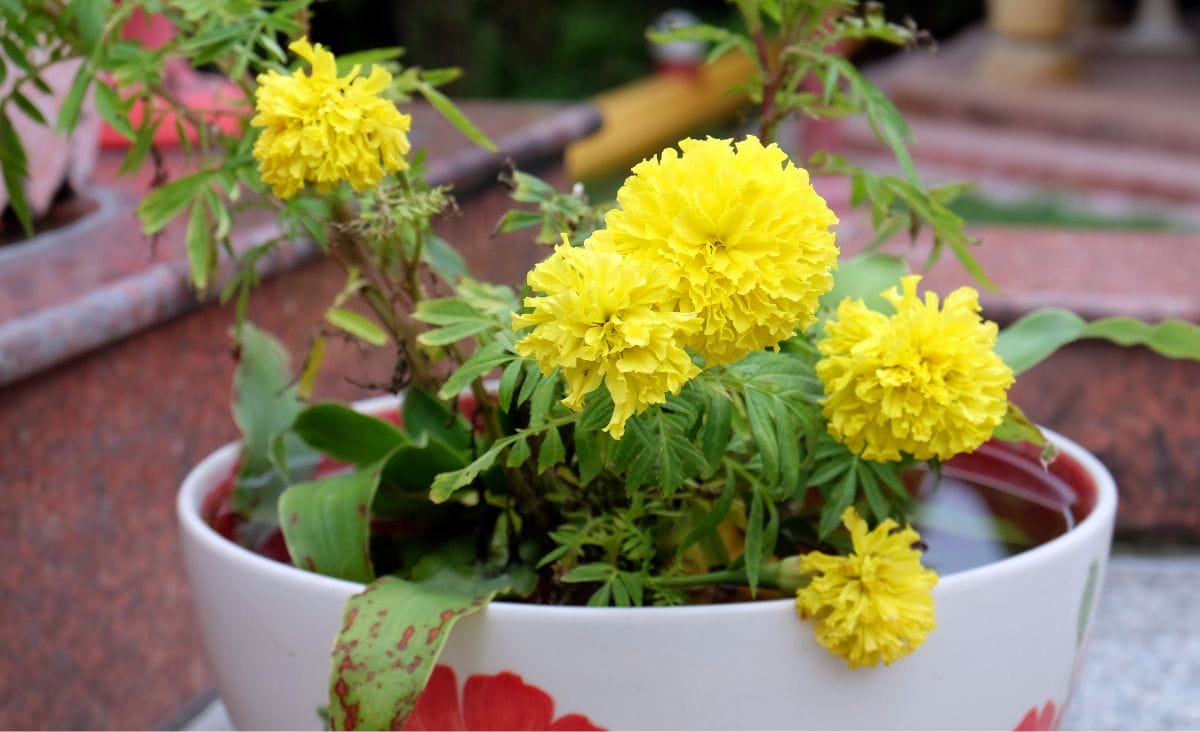
If you’ve ever spent a summer evening swatting mosquitoes or dealing with ants in your kitchen, you know how frustrating pests can be. Here in Maine, we joke that the mosquito should be the state bird—and after battling swarms of them, I can’t disagree!
Chemical insect repellents can be harsh on your skin, your garden, and your animals. That’s why I’m sharing natural insect repellents that actually work. From homemade bug sprays to garden-friendly pest solutions, these methods will help you keep your homestead pest-free without harmful chemicals.
Natural Insect Repellents for Skin
Protecting yourself from biting insects doesn’t have to involve harsh chemicals. These natural, skin-friendly solutions will help keep bugs at bay while nourishing your skin with safe, gentle ingredients.
Homemade Insect Spray Recipe
A simple mix of witch hazel, distilled water, and essential oils like citronella, eucalyptus, and lavender keeps bugs at bay. For an easy and effective homemade solution, check out Tasty Yummies’ Homemade Essential Oil Insect Repellent Spray—it’s a natural, skin-friendly way to ward off pests without harsh chemicals.
Bug Repellent Oil
Combine coconut oil with a few drops of tea tree or peppermint essential oil for a moisturizing, bug-repelling solution. For a more skin-friendly option, check out This Is Coco’s moisturizing essential oil bug repellent balm recipe—perfect for keeping your skin soft and bug-free.
Squito Away Spray
A quick DIY spray using apple cider vinegar and herbs like rosemary and sage works wonders for outdoor evenings. For an even more powerful natural option, try Our Permaculture Life’s herbal vinegar insect repellent recipe using apple cider vinegar for long-lasting protection.
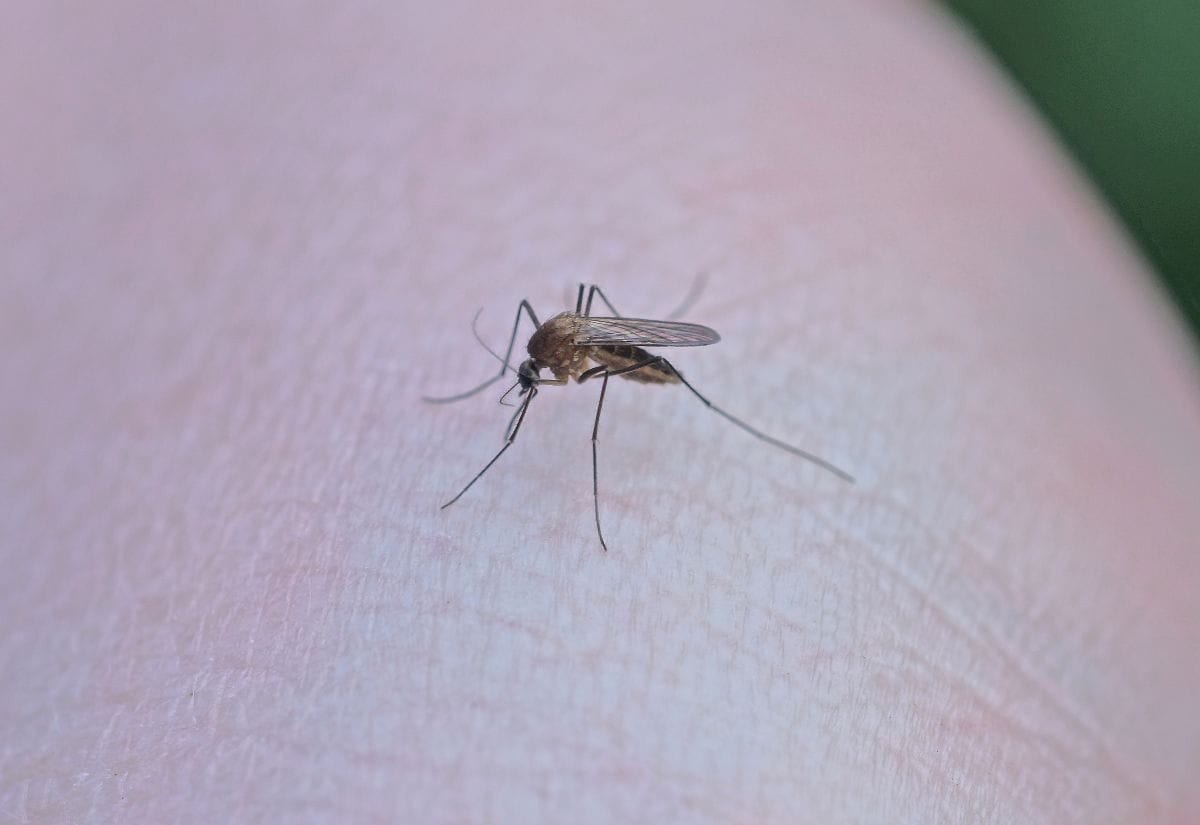
Bite-Me-Not Lotion Bar
Solid lotion bars with beeswax, coconut oil, and essential oils make for easy, mess-free protection. For a simple and effective recipe, check out Soap Queen’s Bite Me Not Lotion Bar—perfect for keeping bugs at bay while nourishing your skin.
Natural Insect Repellents for the Yard & Garden
Your garden should be a sanctuary, not a haven for pests. These natural methods will help you protect your plants and outdoor spaces while supporting a healthy, balanced ecosystem.
Beneficial Insects
Attract ladybugs, lacewings, and praying mantises to naturally control garden pests. Learn more about how to invite these helpful insects to your garden in my post on Beneficial Bugs for a Healthy Garden.
Insect-Repelling Plants
Plant marigolds, lavender, citronella, and basil around your garden to naturally deter mosquitoes, aphids, and other common pests. Marigolds release a distinct scent that repels nematodes, aphids, and whiteflies, making them ideal for planting near vegetables. Lavender not only adds beauty and fragrance to your garden but also keeps moths, fleas, and mosquitoes at bay. Citronella grass is well-known for its mosquito-repelling properties and can be planted in pots or garden beds to create a natural barrier. Basil serves double duty by repelling flies and mosquitoes while providing fresh leaves for your kitchen.
Strategically placing these plants near entryways, patios, and garden beds creates a natural shield against bothersome insects while enhancing your garden’s overall health and beauty.
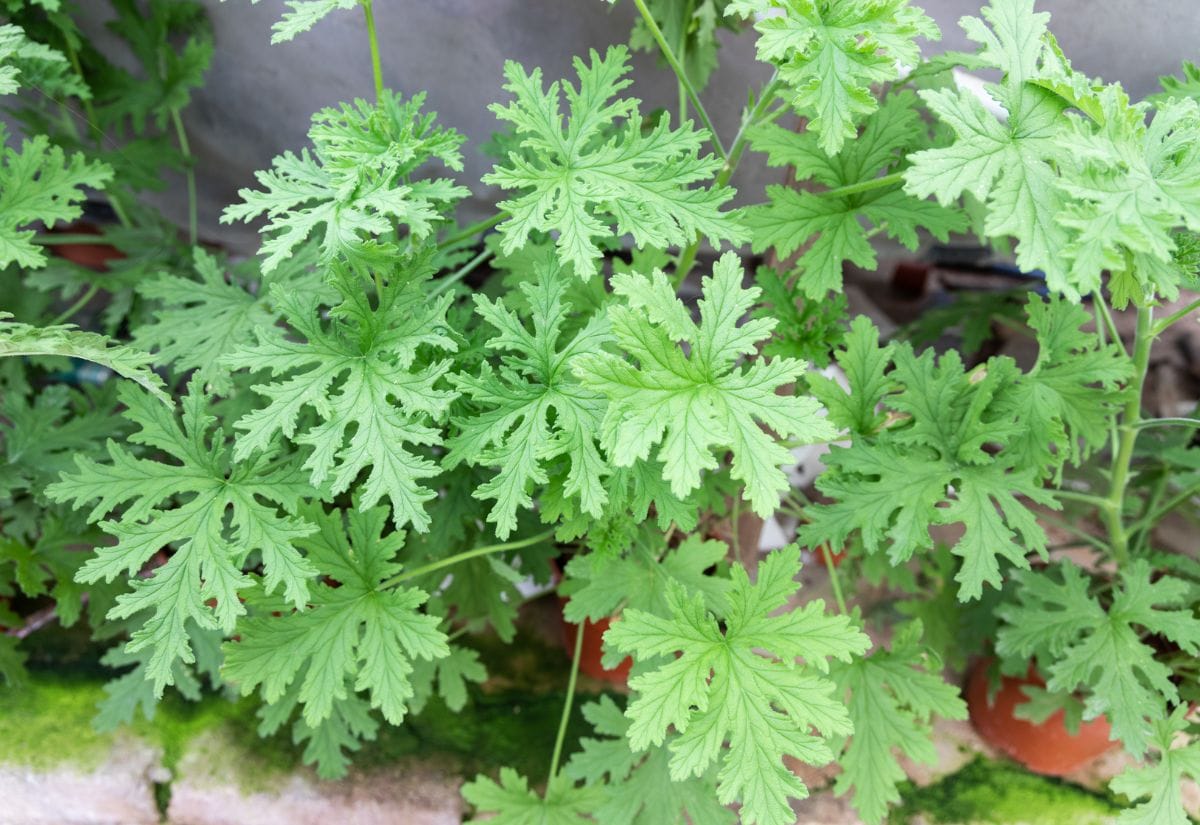
DIY All-Purpose Insect Spray
Mix garlic, cayenne, and water for a powerful homemade spray that effectively repels harmful garden bugs like aphids, caterpillars, and beetles. Garlic’s strong sulfur compounds naturally deter many soft-bodied insects, while cayenne pepper adds an extra punch by irritating pests and driving them away.
To make the spray, blend a few cloves of garlic with a teaspoon of cayenne pepper and a quart of water, then strain the mixture and pour it into a spray bottle. Apply it directly to the leaves and stems of vulnerable plants, especially after rain or watering. This natural solution not only keeps pests at bay but also avoids harming beneficial insects when used carefully. For added strength, you can mix in a few drops of dish soap to help the spray stick to plant surfaces.
Cinnamon for Plants
Sprinkle cinnamon around plants to create a natural barrier that prevents ants, fungus gnats, and other small insects from invading your garden. Cinnamon acts as both an insect repellent and a natural antifungal, helping to protect seedlings from damping-off disease caused by soil fungi. Simply dust a thin layer of ground cinnamon around the base of plants, along garden bed edges, or anywhere you’ve noticed insect activity. For potted plants, lightly sprinkle cinnamon on the soil surface to deter fungus gnats and mold growth.
This simple, chemical-free method not only keeps pests away but also supports healthier plant growth. Reapply after heavy rain or watering for continued protection.
Natural Insect Repellents for the Home
No one wants bugs creeping into their home. These simple, chemical-free solutions will help you keep insects out and create a cleaner, more comfortable living space.
DIY Fruit Fly Trap
Use apple cider vinegar in a jar with a perforated lid to trap and eliminate fruit flies. The sweet scent of the vinegar attracts the flies, and the small holes prevent them from escaping. For a step-by-step guide on creating an effective trap, check out Weekend at the Cottage’s easy tutorial on making a homemade fruit fly trap.
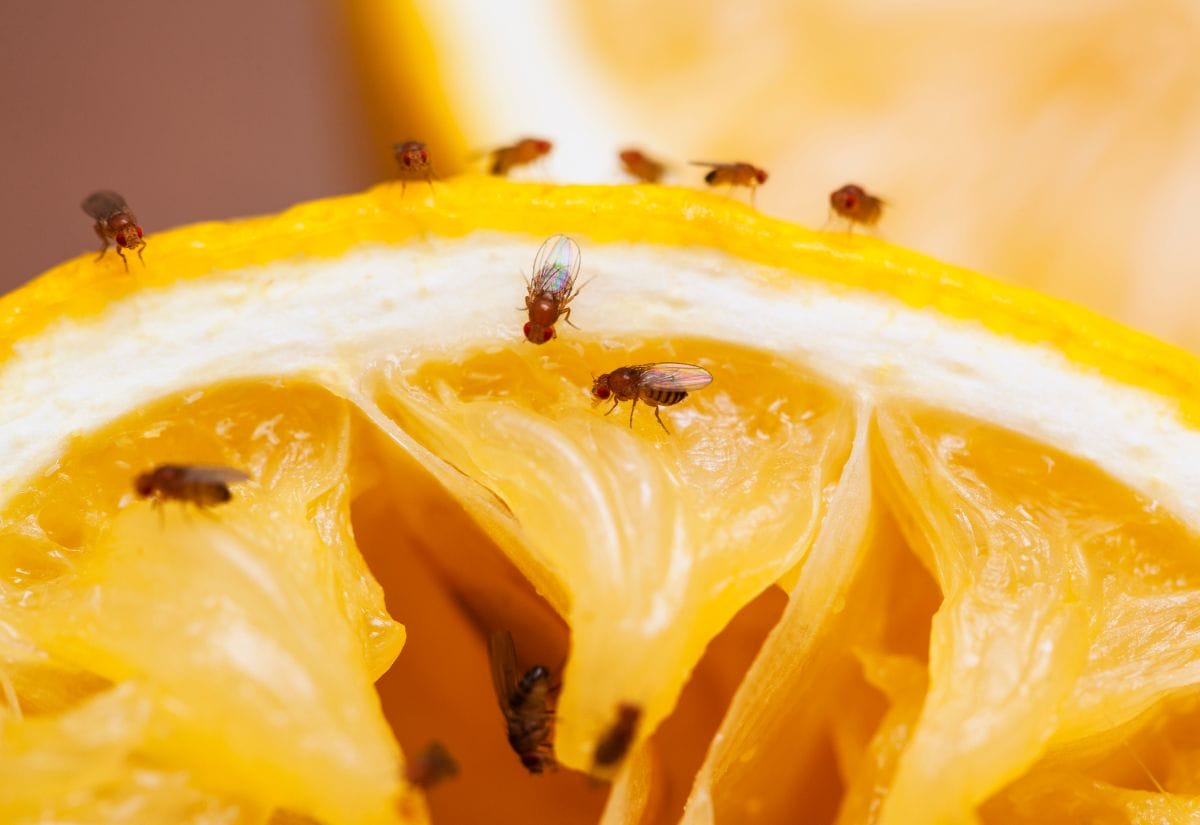
Essential Oil Spray
Mix water with a few drops of peppermint or lemon essential oil to create a natural room spray that effectively deters ants, spiders, and other household pests. Peppermint oil has a strong scent that overwhelms insects’ scent trails, making it especially effective against ants, while lemon oil works well to repel spiders and freshen up your space.
To make the spray, combine 1 cup of water with 10–15 drops of your chosen essential oil in a spray bottle. For added effectiveness, mix in a tablespoon of witch hazel or vodka to help the oil and water blend and extend the spray’s shelf life.
Lightly mist entry points like windowsills, door frames, and baseboards where bugs tend to enter. Reapply every few days or after cleaning to maintain a fresh scent and consistent pest protection throughout your home.
Diatomaceous Earth
Sprinkle food-grade diatomaceous earth (DE) in cracks, corners, and along baseboards to naturally kill crawling insects like ants, cockroaches, earwigs, and silverfish.
Diatomaceous earth is a fine, powdery substance made from fossilized aquatic organisms called diatoms. Its microscopic, sharp edges pierce the exoskeletons of insects, causing them to dehydrate and die without the use of harmful chemicals. For best results, lightly dust DE in areas where pests are known to travel, such as behind appliances, along window sills, under sinks, and near doorways. It’s also effective in garden beds to protect plants from slugs and beetles.
Always use food-grade DE, which is safe for humans and pets, and avoid inhaling the dust while applying. Reapply after heavy cleaning or exposure to moisture to maintain its effectiveness.
Natural Insect Repellents for the Barn & Coop
Keeping your animals healthy starts with a clean, pest-free environment. These natural repellents will help safeguard your barn and coop, ensuring your animals stay comfortable and stress-free.
Herbal Coop Cleaners
Sprinkle dried herbs like lavender, mint, and rosemary in nesting boxes to naturally repel mites, lice, and other pests that can harm your flock. These herbs not only deter insects but also create a calming and pleasant environment for your chickens.
For a convenient, ready-made blend, try MagJoNaturals’ Chicken Nest Box Herbs, which combines chamomile, lavender, peppermint, calendula, rose petals, and wild catnip for a powerful and aromatic pest-repelling solution. This blend not only keeps pests away but also supports your flock’s overall health and relaxation.
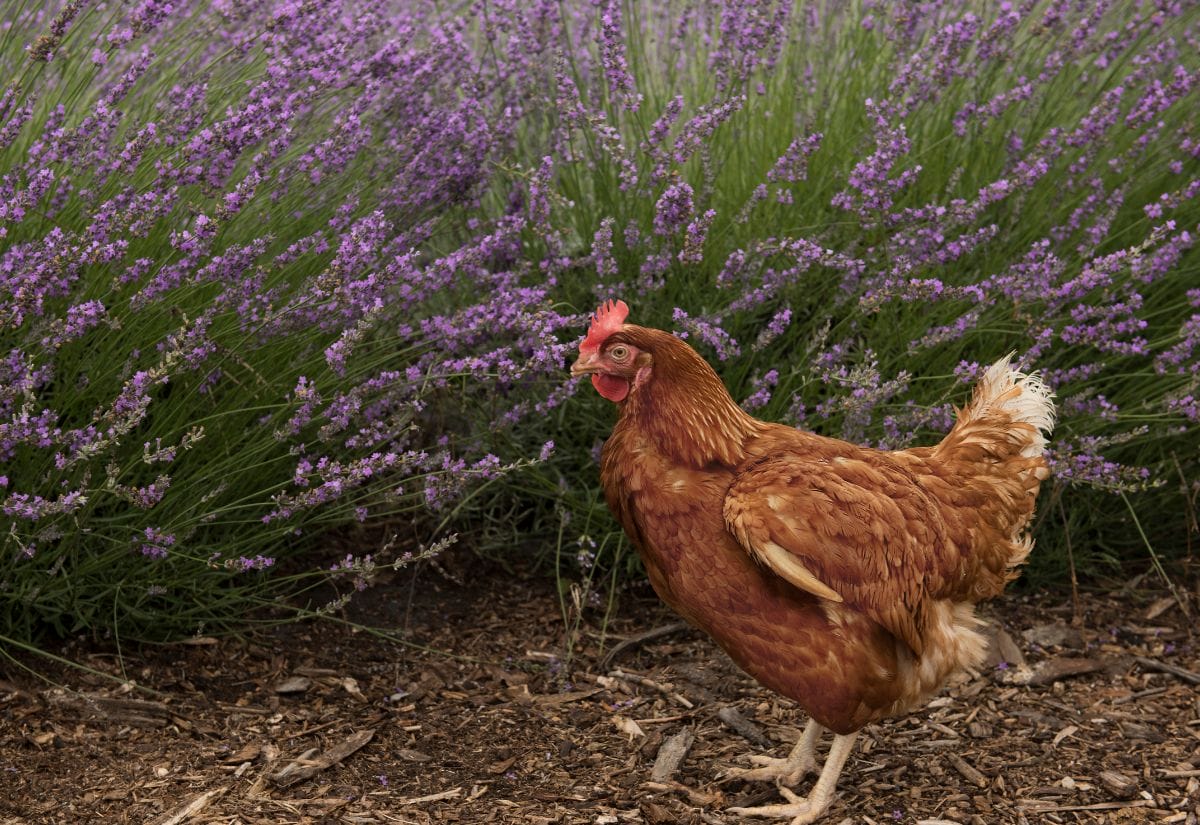
Homemade Fly Spray for Livestock
Mix apple cider vinegar, water, and a few drops of essential oils like eucalyptus, lavender, or citronella to create a natural fly spray for livestock and barn walls. This blend not only repels flies but also leaves a fresh, clean scent in the barn.
For a more effective and livestock-safe solution, check out The Prairie Homestead’s Homemade Fly Spray recipe, which uses simple, natural ingredients to keep flies off your animals without harsh chemicals.
Coop Fly Control
Hang sticky fly traps around your coop to catch adult flies and reduce their population. Position the traps near doors, windows, and high-traffic areas where flies tend to gather, but away from where your livestock eats or chickens roost to avoid contamination.
Pet-Safe Natural Repellents
Our pets deserve protection from pests without being exposed to harmful chemicals. These gentle, natural options will keep fleas, ticks, and other insects away while keeping your pets safe and happy.
DIY Flea Collar
Add drops of lavender or cedarwood oil to your pet’s collar to naturally repel fleas and other biting insects. These essential oils are safe for dogs when properly diluted and provide a chemical-free alternative to commercial flea treatments. For a more durable and long-lasting option, check out my DIY Flea Collar Tutorial for dogs, where I show you how to make a reusable, all-natural flea collar that keeps pests away and your furry friend comfortable.

Lemon Spray
Boil lemon slices in water for about 10 minutes to release the natural oils, then let the mixture cool completely. Pour the lemon-infused water into a spray bottle and lightly mist it onto your dog’s fur, avoiding the eyes and nose. The natural citrus oils act as a gentle yet effective repellent against fleas, ticks, and mosquitoes, providing a chemical-free way to protect your pet.
Reapply every few days or after your dog gets wet for continued protection.
Herbal Flea Room and Fabric Spray
Keep fleas out of your home with a simple, pet-safe herbal flea spray made from just eucalyptus oil and water. This natural spray is perfect for treating pet bedding, carpets, and furniture, creating an inhospitable environment for fleas without exposing your pets to harsh chemicals. Just mix a few drops of eucalyptus oil with water in a spray bottle and mist around your home, focusing on areas where your pets rest and play.
For a full step-by-step guide, check out Learning Herbs’ Natural Flea Recipe: Herbal Spray to safely protect your home from fleas.
Natural “After Bite” Solutions
Even with the best repellents, bites can still happen. Here are my go-to natural remedies:
- Use lavender or tea tree essential oils diluted in carrier oil for natural healing.
- Rub a slice of lemon on the bite to reduce itching.
- Apply a baking soda and water paste to soothe irritation.
- Dab apple cider vinegar directly on the bite for relief.
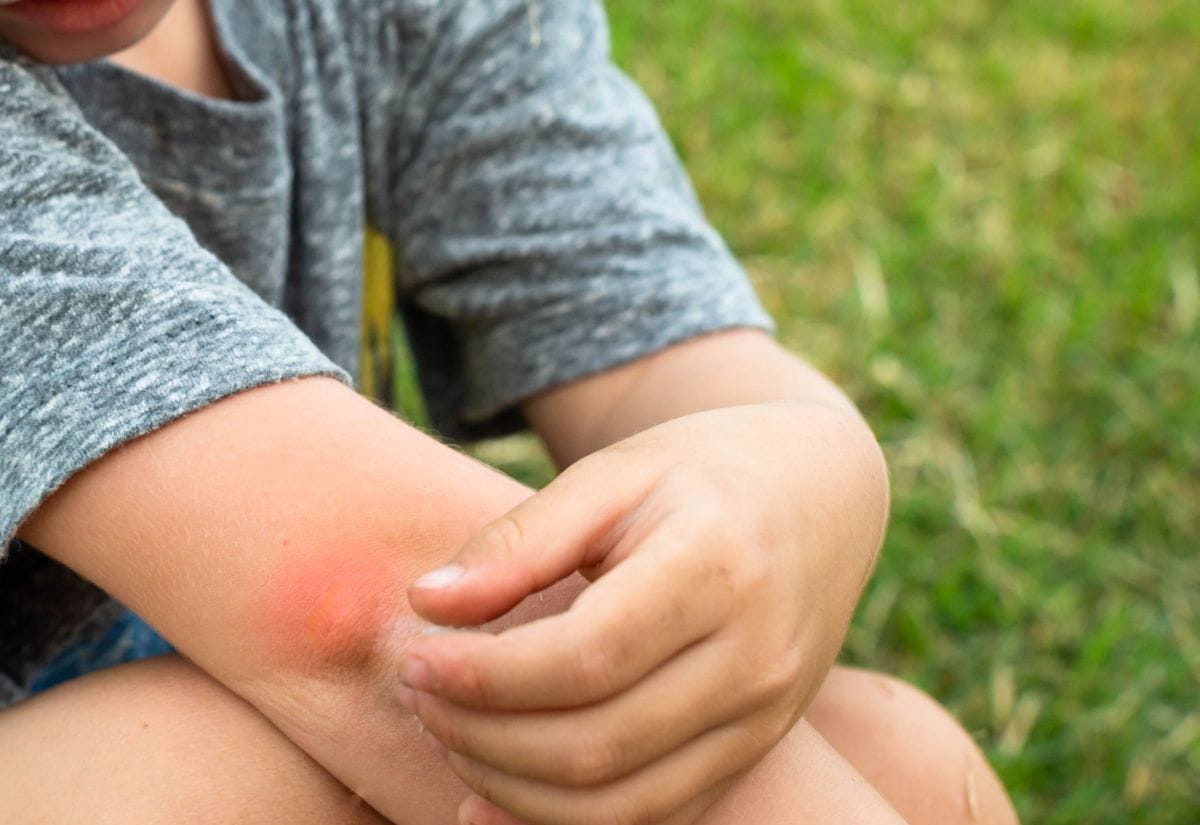
Common Questions About Natural Pest Solutions
Pin these chemical-free pest solutions to stay bug-free!

Natural insect repellents are an easy, effective way to protect your homestead without relying on harsh chemicals. Whether you’re guarding your garden, home, or animals, these safe solutions will help you keep pests at bay.
If you’re looking for even more ways to keep pests at bay, there are plenty of natural solutions to explore! For starters, planting certain permaculture herbs can improve your garden’s health while naturally deterring unwanted insects. Struggling with persistent ant trails in your home or garden? Try these simple, chemical-free methods to get rid of ants naturally. And if mosquitoes are ruining your summer evenings, check out effective strategies to keep mosquitoes away naturally and enjoy your outdoor spaces in peace.
Do you have a favorite natural insect repellent? Share it in the comments below!





